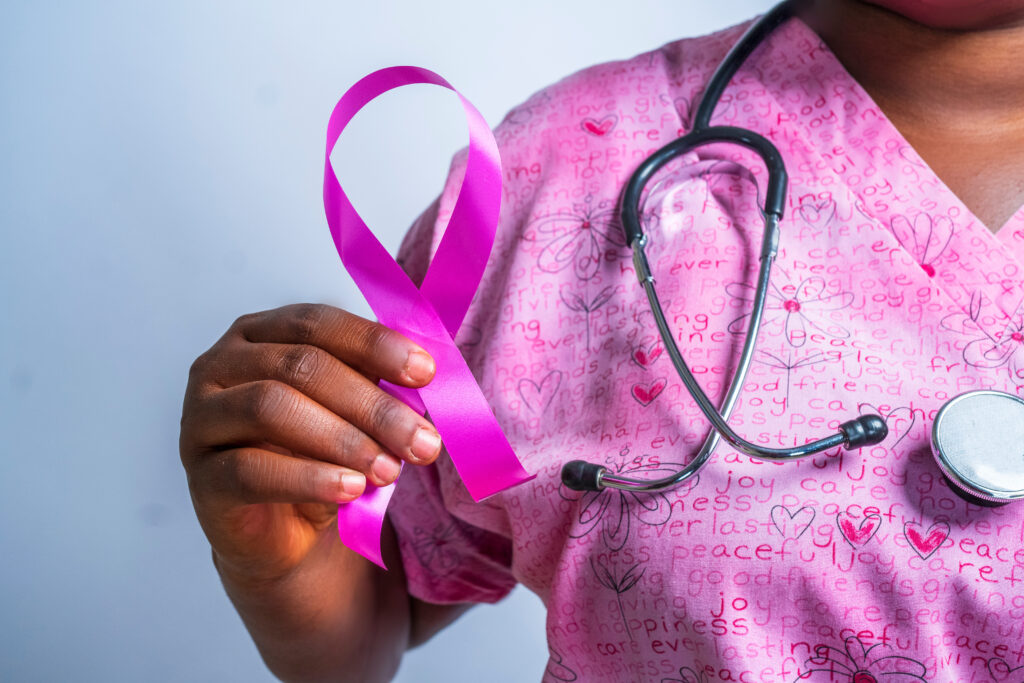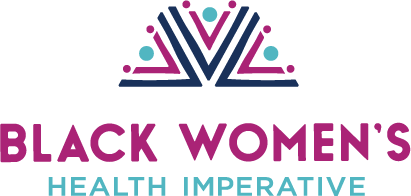New Breast Cancer Screening Guidelines Still Leave Black Women Behind

In the wake of newly released breast cancer screening guidelines by the U.S. Preventive Services Task Force (USPSTF), the Black Women’s Health Imperative (BWHI) remains concerned that these recommendations continue to overlook the specific health needs of Black women. The updated guidelines suggest biennial screening beginning at age 40, a change from previous recommendations that recommended starting at age 50. While this update represents progress, it insufficiently addresses the unique challenges and earlier risks faced by Black women.
Linda Goler Blount, MPH, President of the Black Women’s Health Imperative (BWHI), emphasizes the shortcomings of the updated guidelines: “Although the guidelines have been revised, they still do not adequately cover the critical needs of Black women, who are statistically diagnosed earlier and with more aggressive cancers. It is vital that our health guidelines reflect the realities of all women, especially those at heightened risk.”
Legislative policy plays a crucial role in shaping healthcare access and standards, influencing the dialogue around breast cancer screening guidelines. Ifeoma C. Udoh, PhD, Executive VP of Policy, Advocacy, and Science at BWHI, sheds light on the significance of the Protecting Access to Lifesaving Screenings (PALS) Act in safeguarding Black women’s health: “Thanks to the PALS Act, there is guaranteed access to annual mammograms for women starting at age 40 without a co-pay, effective until January 1, 2026. This act is crucial for preserving essential health access, demonstrating the necessity of strong advocacy and policy to protect women’s health.”
The guidelines also call for more research into screening for women with dense breasts and the accessing the advantages and risks of screening older women. BWHI will continue to advocate for comprehensive breast cancer risk assessments early in life and support policies that recommend annual screenings starting at age 40. For those at higher risk, discussions with healthcare providers about earlier and additional screening options are also recommended. These steps are essential to improve breast cancer outcomes and ensure that all women receive the preventive care they deserve.
To explore the guidelines in detail, visit the USPSTF website: USPSTF Breast Cancer Screening Guidelines.

